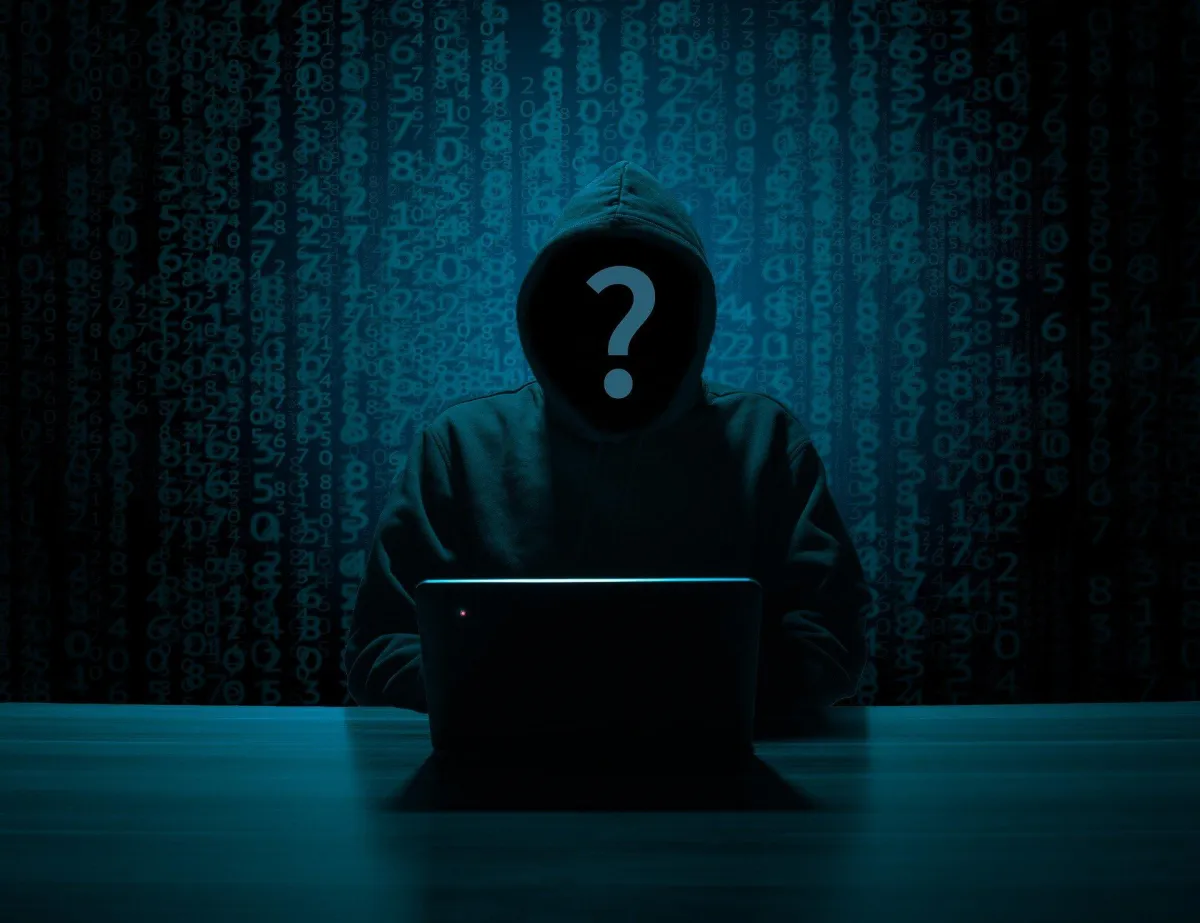
North Korean Cyber Infiltration: The Insider Threat Reimagined
The British government recently revealed an unsettling development in global cyber warfare: North Korean operatives have been posing as remote IT workers to infiltrate Western companies. Using stolen identities and deepfake technology, these hackers secure legitimate employment, gaining internal access to sensitive systems and bypassing traditional perimeter defenses entirely.
This type of threat isn’t hypothetical—it’s happening. And it redefines the concept of the “insider threat.” The threat no longer requires planting someone physically inside your organization. With today’s remote-first work culture, anyone with the right credentials and a stable internet connection can be your newest security risk.
The Rise of Deepfake Social Engineering
What makes these infiltrations especially dangerous is the use of synthetic identities. North Korean operatives have used AI-generated faces, fabricated resumes, and deepfaked video interviews to secure contract work. Once inside, they operate as any legitimate employee would—accessing files, systems, and cloud platforms.
This is not traditional hacking. It’s deception at a whole new level. It evades technical detection because it mimics normal user behavior.
Stealth Networking: Security Beyond the Surface
Cyberswitch’s Stealth Networking neutralizes this threat by enforcing Zero Trust from the network layer upward. Every device and user—internal or external—is treated as untrusted until proven otherwise.
Once authenticated, access is granted only to the specific systems required for their role. There is no lateral movement. There are no broad network scans. Activity is continuously monitored, and permissions are dynamically revoked if unusual behavior is detected.
Even if a deepfake operative gains a foothold, they can’t use it to pivot further. Their access is segmented and time-restricted. If they try to escalate, our systems respond immediately.
Human Risk, Mitigated Technologically
Insider threats are no longer confined to disgruntled employees or careless contractors. They now include nation-state operatives posing as friendly freelancers.
Our networking approach builds in the assumption that compromise is inevitable—but widespread damage is not. Isolation, obfuscation, and continuous validation make broad-scale compromise virtually impossible.
If your company relies on remote workers, gig contractors, or offshore development teams, you need more than policies. You need a stealth-first network that verifies every connection, every time.
#InsiderThreat #ZeroTrust #StealthNetworking #CyberEspionage #NetworkSecurity
